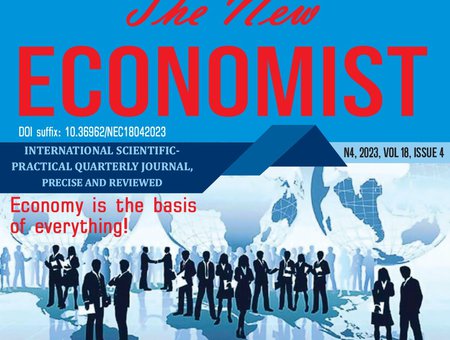Eco-labeling and certification programs are popular in many countries to achieve environmental goals. Ecolabelling is considered one of the replacement tools for traditional policies. However, its role is gradually increasing, and it is considered an effective means to achieve the goals of green transformation. Many members of society may be interested in the production and consumption of environmentally friendly products; therefore, their stimulation is of great importance. Globally, environmental policies and regulatory measures are converging, driven by increasing opportunities for information dissemination. Despite the different levels of policy achievements in individual countries, familiarizing themselves with their experiences is useful for guiding effective national policies. In addition, it should be noted that the mechanism for raising awareness about eco-labeling is similar in many countries. The article aims to familiarize readers with this experience because, despite the adoption of several regulatory norms and the implementation of measures in Georgia, it is necessary to raise the interest of both consumers and producers toward ecologically clean products.



